The Rhythmic Beauty of West Africa's Drum Festivals
West Africa's drum festivals are a mesmerizing display of rhythmic beauty that resonates with the region's rich cultural heritage. These vibrant celebrations showcase the essence of West African music, characterized by captivating rhythms, energetic performances, and colorful festivities that bring communities together in harmony.
Drum festivals in West Africa have a long history rooted in ancient traditions where drums served as a means of communication, storytelling, and ceremonial practices. Over time, these festivals have evolved into grand events that not only entertain but also educate and preserve the cultural identity of the diverse ethnic groups in the region.
The significance of drumming in West African culture cannot be overstated. It is deeply ingrained in the fabric of society, playing a vital role in rituals, ceremonies, and social gatherings. The rhythms and beats of the drums carry the essence of traditions passed down through generations, connecting people to their roots and heritage.
One of the most fascinating aspects of West African drumming is the diversity of styles found across different regions. From the intricate djembe rhythms of Guinea to the powerful talking drums of Nigeria, each style reflects unique influences and musical expressions that contribute to the rich tapestry of West African music.
Drummers in West African society hold a special place, not just as musicians but as storytellers, historians, and community leaders. They are the custodians of cultural knowledge, preserving and transmitting traditions through their craft, ensuring that the legacy of drumming continues to thrive.
At the heart of drum festivals lies a festive atmosphere filled with joy, unity, and celebration. Communities come together to revel in the music, dance, and drumming performances that create a sense of belonging and solidarity, fostering connections and shared experiences among participants.
These festivals have a positive impact on local communities, instilling cultural pride, creating economic opportunities, and promoting social cohesion. They serve as platforms for cross-cultural exchange and understanding, bridging differences and fostering mutual respect among diverse groups.
As West Africa's drum festivals navigate the challenges of a changing world, efforts are underway to preserve traditional practices while embracing modern influences. The future of these festivals holds the promise of continued cultural enrichment, artistic innovation, and global recognition of the region's musical heritage.
Celebrate the dynamic and rhythmic beauty of West Africa's drum festivals, where the spirit of music transcends boundaries, captivates audiences worldwide, and showcases the enduring legacy of a vibrant and diverse musical tradition.

The History of Drum Festivals
Drum festivals in West Africa have a rich history that dates back to ancient times, where drums were not only musical instruments but also tools for communication and storytelling. These festivals have evolved over the years, blending traditional practices with modern influences to create vibrant and dynamic celebrations that showcase the region's cultural heritage.
Throughout history, drumming has played a vital role in West African culture, with rhythms and beats serving as a means of transmitting messages, preserving history, and uniting communities. The intricate drumming styles found in the region reflect the diversity of its people, each carrying a unique story and significance that adds to the tapestry of West African musical traditions.
Drummers in West African society hold a revered position, not only as musicians but also as oral historians and community leaders. They carry the responsibility of passing down cultural knowledge through their craft, ensuring that traditions are preserved and shared for generations to come.
At drum festivals, the air is filled with excitement and joy as communities gather to celebrate their heritage through music, dance, and drumming performances. The festive atmosphere creates a sense of unity and belonging, fostering a spirit of togetherness and cultural pride among participants and spectators alike.
These festivals have a positive impact on local communities, offering economic opportunities, promoting social cohesion, and encouraging cross-cultural exchange. They serve as platforms for showcasing talent, fostering creativity, and strengthening bonds within and beyond West Africa.
Looking ahead, the future of West Africa's drum festivals faces both challenges and opportunities. As the world continues to change rapidly, efforts are being made to preserve traditional drumming practices while embracing modern influences and global trends to ensure the longevity and relevance of these cultural celebrations.
Celebrate the rhythmic beauty and cultural richness of West Africa through the dynamic and captivating drum festivals that continue to enchant audiences worldwide with their infectious beats, artistic excellence, and diverse musical expressions.
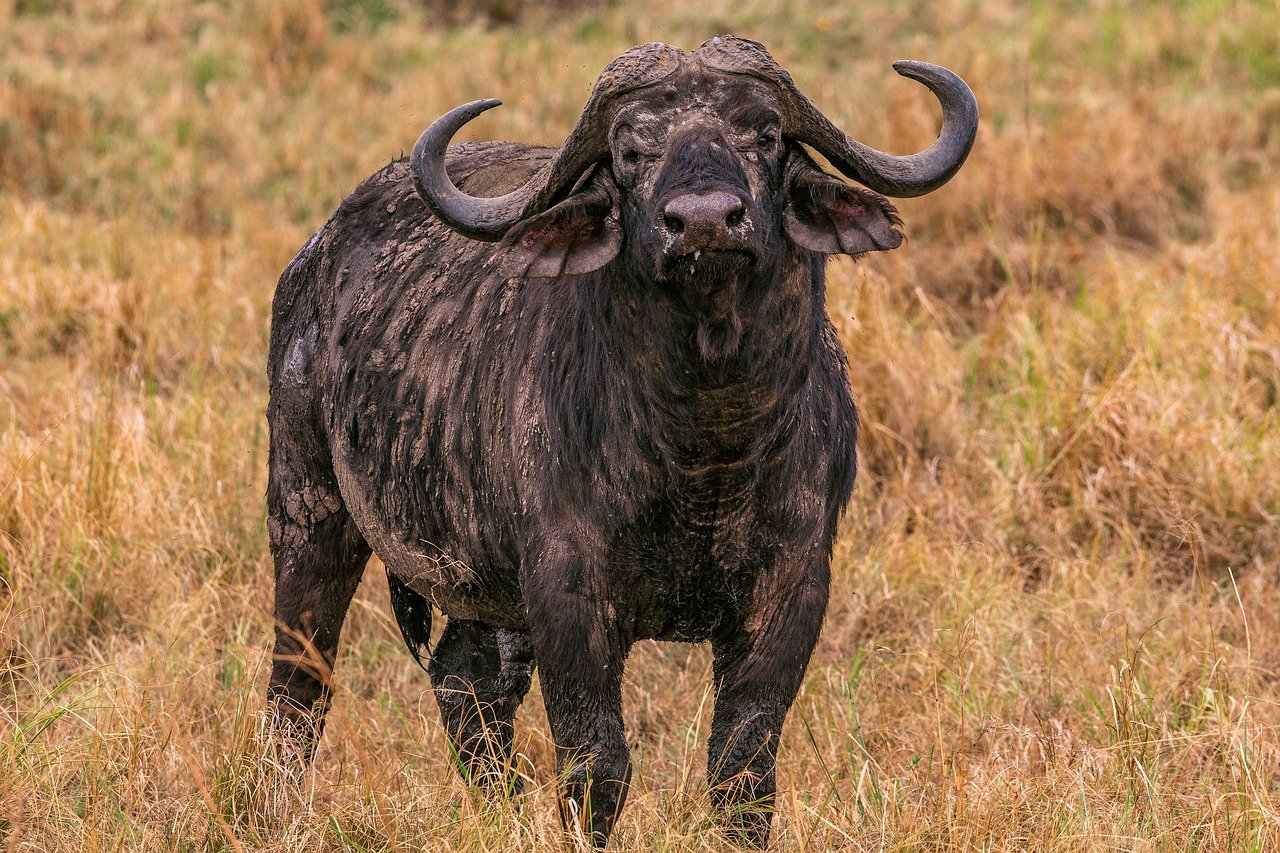
The Significance of Drumming in West African Culture
Drumming holds a profound significance in the vibrant tapestry of West African culture, serving as a powerful medium of communication, expression, and connection. The rhythmic beats of drums resonate deeply within the hearts of the people, carrying messages of tradition, history, and unity across generations and communities.
Throughout West Africa, drumming is not merely a musical practice but a sacred art form that embodies the essence of cultural identity and heritage. The intricate rhythms and patterns produced by skilled drummers serve as a language that transcends words, conveying emotions, stories, and spiritual beliefs with each resounding beat.
Drumming plays a pivotal role in various aspects of West African society, from ceremonial rituals and social gatherings to rites of passage and communal celebrations. The pulsating rhythms of the drums evoke a sense of collective consciousness, bringing individuals together in harmony and solidarity.
Moreover, drumming in West Africa is deeply intertwined with traditional beliefs and practices, symbolizing the connection between the physical and spiritual realms. The mesmerizing sounds of the drums are believed to invoke ancestral spirits, evoke healing energies, and channel the wisdom of the past into the present moment.
As a cultural cornerstone, drumming in West Africa serves as a bridge between the past, present, and future, preserving ancient traditions while embracing contemporary innovations. The rhythmic heartbeat of the drums echoes the resilience, creativity, and resilience of the people, embodying the soulful essence of a rich and diverse musical heritage.

The Diversity of West African Drumming Styles
West Africa is a treasure trove of diverse and captivating drumming styles that reflect the rich musical heritage of the region. From the intricate djembe rhythms of Guinea to the powerful talking drums of Nigeria, each style carries its own unique identity and cultural significance. The drumming traditions in West Africa are deeply rooted in history and are passed down through generations, evolving and adapting to the changing times while still preserving their authenticity.
One of the most iconic drumming styles in West Africa is the djembe, a goblet-shaped drum known for its versatile tones and rhythmic complexity. Originating from the Mandinka people of Guinea, the djembe has gained global popularity for its dynamic beats and expressive qualities, making it a staple in traditional and contemporary music alike.
Another prominent drumming style in West Africa is the talking drum, a drum that "speaks" by mimicking the tones of human speech. Used by various ethnic groups in Nigeria, Ghana, and other countries, the talking drum is not only a musical instrument but also a means of communication, with skilled drummers able to convey complex messages through their rhythmic patterns.
Each West African country and ethnic group brings its own unique flavor to drumming, incorporating distinct rhythms, techniques, and cultural influences into their performances. Whether it's the frenetic energy of the sabar drums in Senegal or the melodic patterns of the bata drums in Cuba, West African drumming styles continue to inspire and captivate audiences around the world.

The Role of Drummers in West African Society
Drummers in West African society hold a unique and revered position that extends far beyond simply playing music. They are the custodians of tradition, keepers of history, and communicators of culture. Through their rhythmic performances, drummers not only entertain but also educate, passing down stories, legends, and societal norms from generation to generation.
Furthermore, drummers in West Africa are often seen as community leaders and spiritual guides, using their music to bring people together, heal divisions, and foster unity. Their drumming is not just about creating music; it is a powerful tool for social cohesion and harmony within the community.
Moreover, drummers play a crucial role in rituals and ceremonies across West Africa, where their rhythms are believed to have spiritual significance and the power to connect the earthly realm with the divine. They are entrusted with the responsibility of setting the mood, invoking ancestral spirits, and guiding participants through sacred rituals.
In addition to their musical talents, drummers are also storytellers who use their rhythms to narrate tales of bravery, love, and wisdom. Their drumming serves as a living archive of the community's history, traditions, and values, ensuring that the cultural heritage is not lost but passed down through the ages.
Overall, drummers in West African society are multi-faceted artists who play a vital role in preserving and promoting the rich cultural tapestry of the region. Their rhythmic expressions go beyond mere entertainment, serving as a living embodiment of the collective memory, identity, and spirit of the West African people.
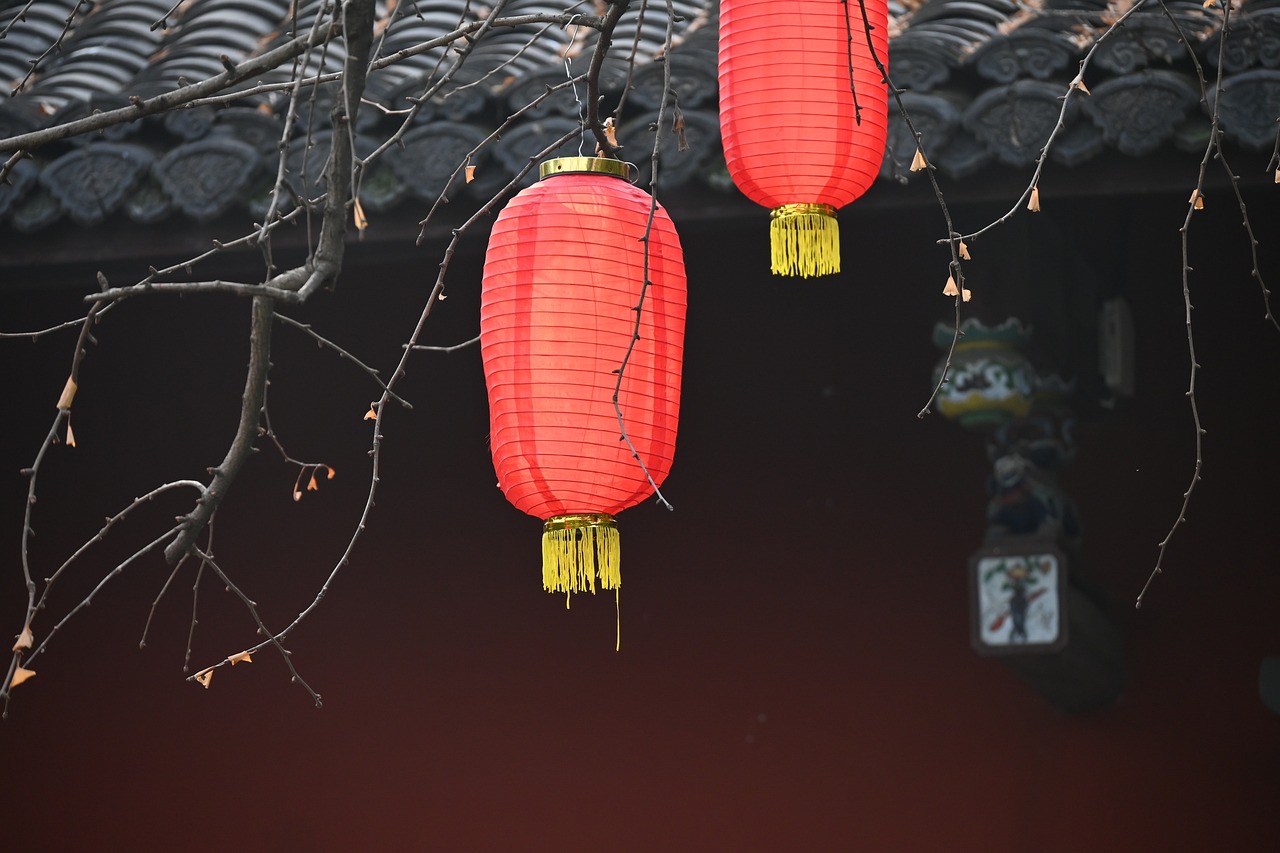
The Festive Atmosphere of Drum Festivals
When attending a drum festival in West Africa, you are not just a spectator; you become part of a vibrant and joyous celebration that pulsates with energy and excitement. The air is filled with the rhythmic beats of drums, creating a mesmerizing symphony that ignites the soul and moves the body.
As you look around, you see a kaleidoscope of colors and patterns adorning the participants, each outfit telling a story of tradition and heritage. The dancers, adorned in bright fabrics and intricate jewelry, move gracefully to the music, their movements a visual representation of the lively rhythms.
The festive atmosphere is contagious, drawing you in and enveloping you in a sense of unity and community. People of all ages come together, sharing laughter, stories, and dance moves as they celebrate the rich musical heritage of their ancestors.
At a drum festival, the boundaries between performer and audience blur, creating a symbiotic relationship where everyone is an active participant in the spectacle. Whether you are clapping along to the beat, swaying to the music, or joining in the dance, you are contributing to the collective energy that defines the event.
Food stalls line the festival grounds, offering a tantalizing array of traditional dishes that tantalize the taste buds and add another layer of sensory delight to the experience. The aroma of grilled meats, spicy stews, and freshly baked bread mingles with the sounds of the drums, creating a feast for both the ears and the palate.
As the day turns into night, the festival takes on a magical quality, with the flickering glow of torches and lanterns casting a warm light over the revelers. The music grows louder, the dancing more spirited, and the sense of camaraderie stronger as the community comes together to honor their cultural heritage.
Ultimately, the festive atmosphere of a drum festival in West Africa is not just about music and dance; it is a celebration of life, of tradition, and of the enduring spirit of a people united by their love for rhythm and melody.
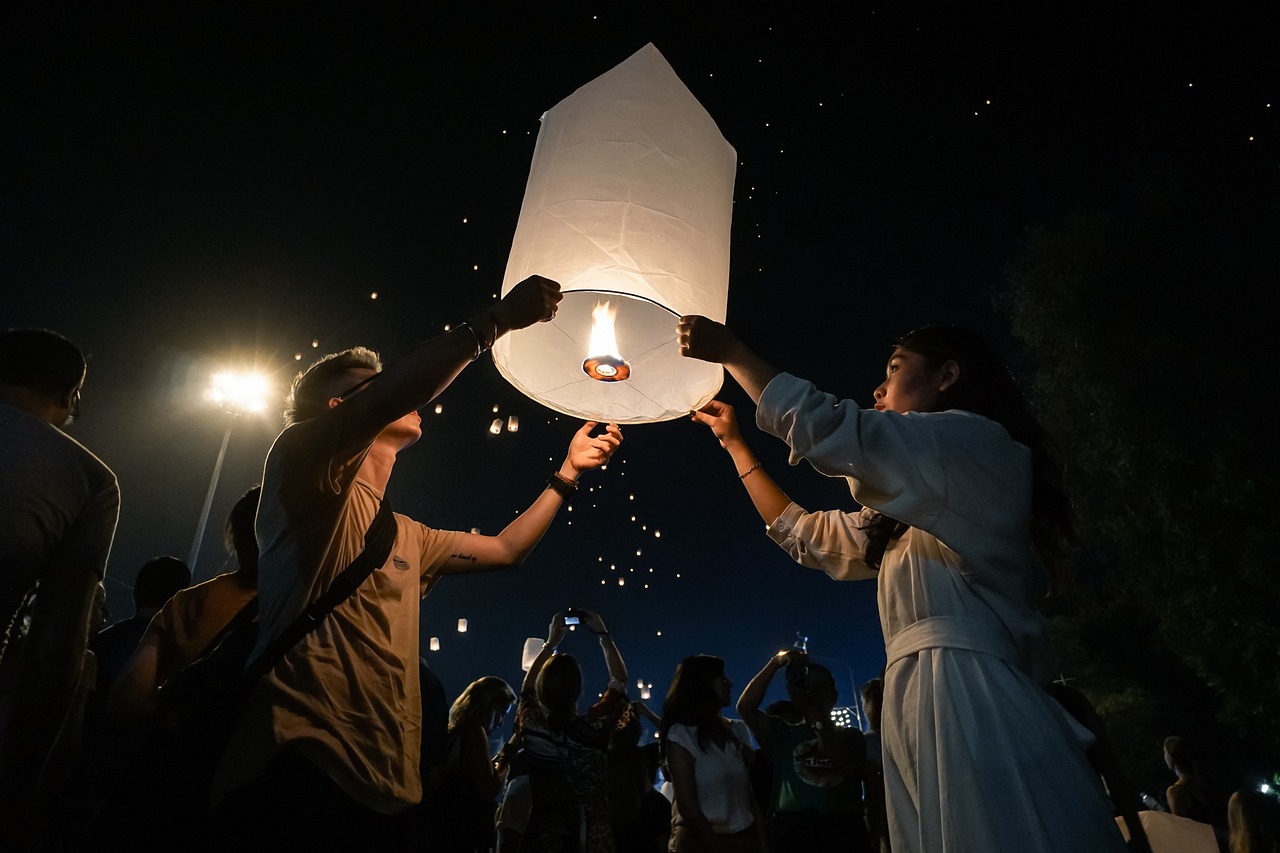
The Impact of Drum Festivals on Local Communities
Drum festivals in West Africa have a profound impact on local communities, extending far beyond the realm of music and entertainment. These vibrant celebrations play a crucial role in fostering cultural pride, preserving traditional heritage, and promoting social cohesion among diverse ethnic groups. Through the rhythmic beats of the drums, communities come together to honor their shared history, values, and identity, creating a sense of unity and belonging that transcends boundaries.
One significant aspect of the impact of drum festivals is the economic opportunities they generate for local artisans, musicians, and vendors. These events attract tourists and visitors from around the world, boosting the local economy through increased sales of crafts, food, and accommodations. By showcasing the unique cultural heritage of West Africa, drum festivals also serve as a platform for artisans and performers to showcase their talents and generate income, contributing to the sustainable development of the region.
Moreover, drum festivals play a vital role in promoting cross-cultural exchange and understanding among different communities. They serve as a meeting point where people from diverse backgrounds can come together to appreciate and celebrate the rich musical traditions of West Africa. Through music, dance, and storytelling, these festivals create opportunities for dialogue, collaboration, and mutual respect, fostering a spirit of harmony and cooperation that transcends cultural differences.
Additionally, the social impact of drum festivals cannot be overstated, as they provide a space for community members to connect, interact, and build relationships. These events strengthen social ties, enhance community spirit, and empower individuals to take pride in their cultural heritage. By engaging in collective celebrations and artistic expressions, local residents develop a sense of belonging and ownership, reinforcing the fabric of society and nurturing a sense of shared identity.
In essence, the impact of drum festivals on local communities in West Africa is multifaceted and far-reaching, encompassing cultural, economic, social, and educational dimensions. These vibrant celebrations not only showcase the musical talents and artistic expressions of the region but also serve as catalysts for positive change, unity, and empowerment within communities. As we celebrate the rhythmic beauty of West Africa's drum festivals, we also acknowledge their transformative influence on the lives of individuals and the fabric of society.
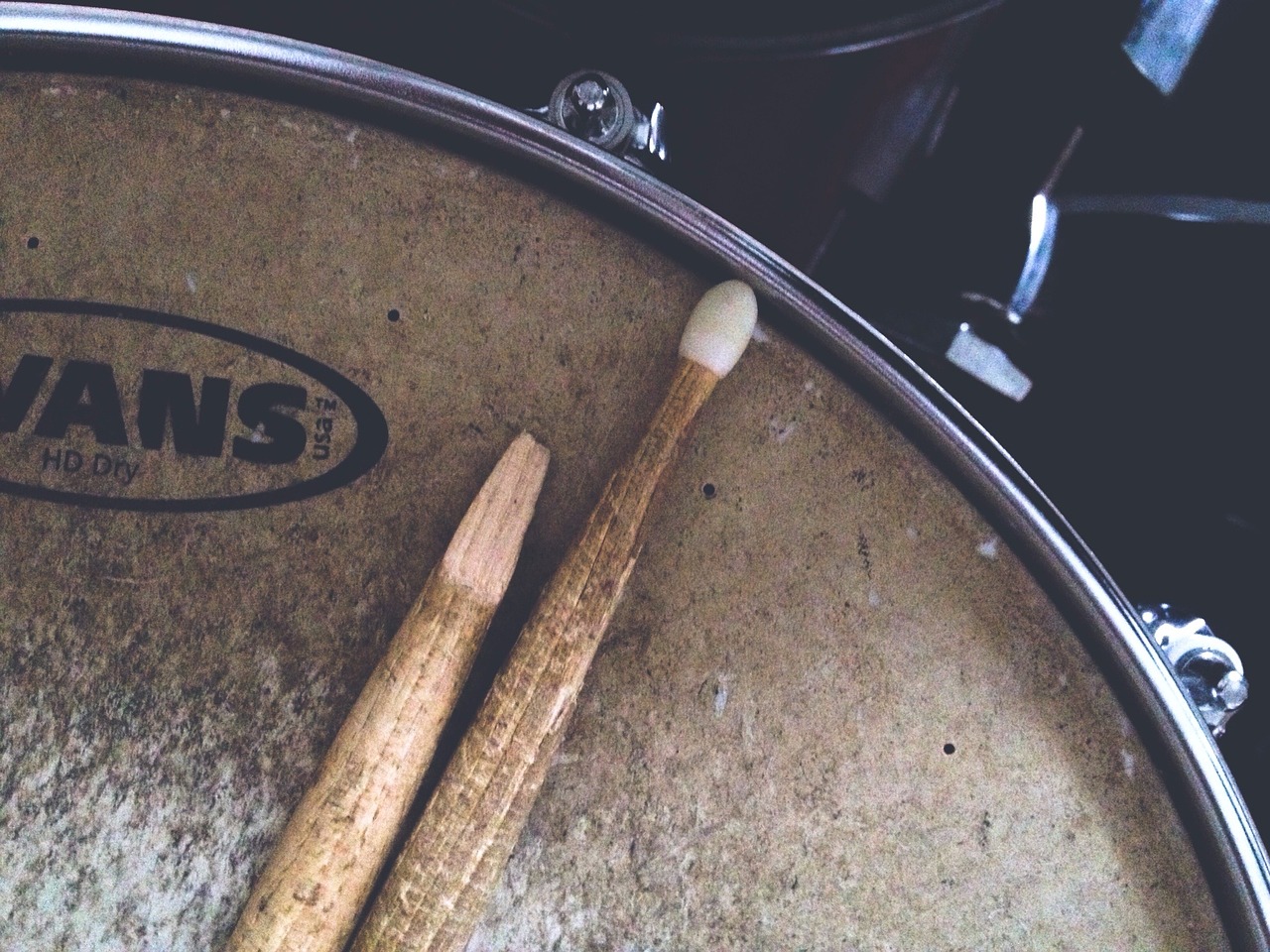
The Future of West Africa's Drum Festivals
As we look ahead to the future of West Africa's drum festivals, it is crucial to consider the challenges and opportunities that lie ahead in preserving and evolving this rich cultural tradition. With the world rapidly changing and modern influences shaping the way we experience music and art, the drum festivals of West Africa face the delicate balance of staying true to their roots while adapting to global trends.
One of the key aspects in ensuring the longevity of these festivals is the need for continued support and appreciation from both local communities and international audiences. By fostering a sense of pride and ownership among the younger generations, the traditions of drumming can be passed down and celebrated for years to come.
Moreover, the integration of technology and digital platforms can provide new avenues for promoting and sharing the beauty of West Africa's drum festivals with a wider audience. Through live streaming, social media engagement, and online resources, the reach and impact of these festivals can be expanded beyond physical boundaries.
Another important consideration for the future of West Africa's drum festivals is the sustainability of traditional drumming practices. As environmental concerns grow, there is a need to ensure the responsible sourcing of materials for making drums and percussion instruments, as well as supporting local artisans and craftsmen who play a vital role in the production process.
Furthermore, fostering collaborations and partnerships with cultural organizations, educational institutions, and governmental bodies can help secure funding, resources, and expertise to support the growth and development of these festivals. By working together, stakeholders can ensure that the cultural heritage of West Africa's drumming traditions continues to thrive and evolve in a rapidly changing world.
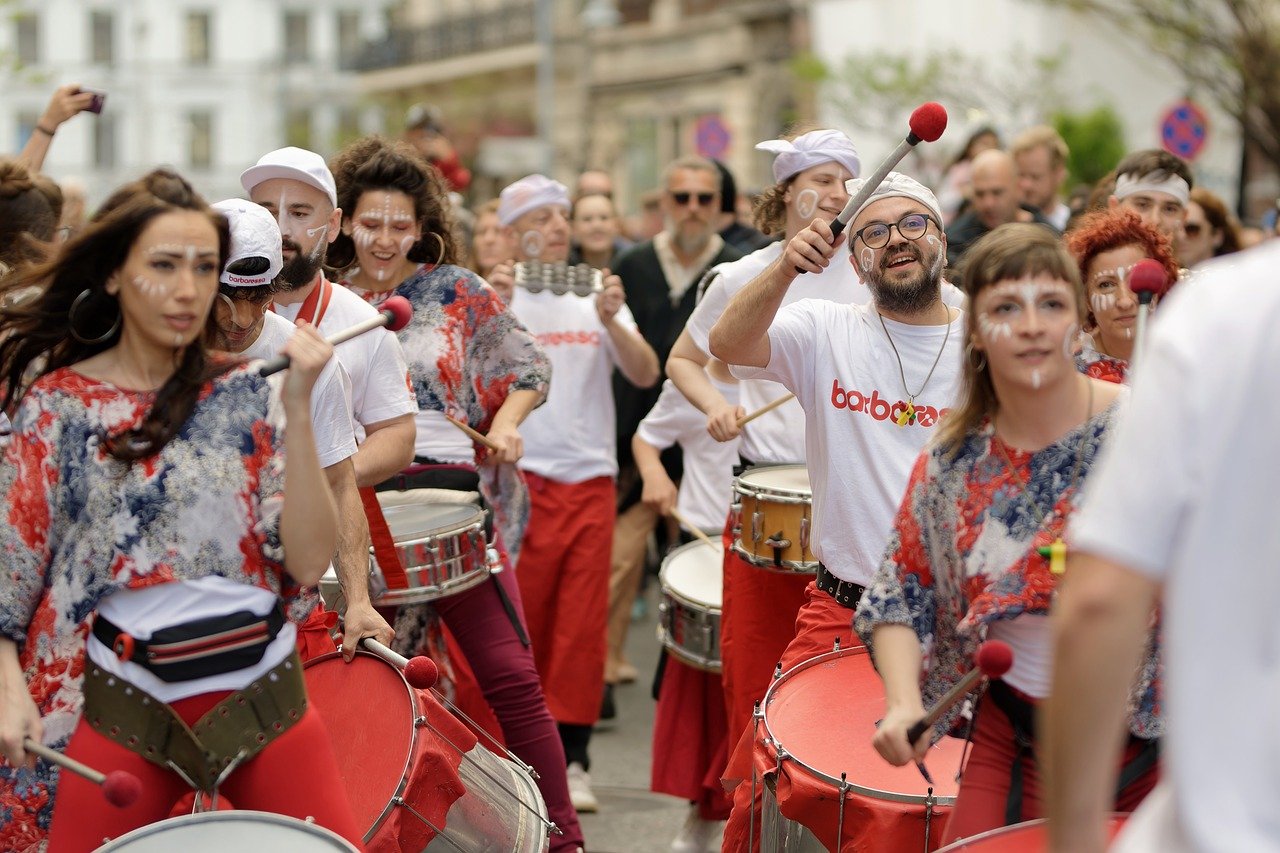
Celebrating West Africa's Musical Heritage Through Drum Festivals
West Africa's drum festivals serve as a vibrant celebration of the region's rich musical heritage, offering a mesmerizing display of rhythmic beauty that captivates audiences worldwide. These festivals are not just about music; they are a cultural extravaganza that showcases the diversity and artistic excellence of West African traditions.
Through the dynamic beats of drums, these festivals pay homage to the deep-rooted musical legacy of the region, where rhythms are more than just sounds—they are a way of life. Each drumming performance is a testament to the creativity and skill of the musicians, who infuse passion and energy into every beat, creating an electrifying atmosphere that resonates with spectators.
Attending a drum festival in West Africa is like stepping into a world where music transcends language and connects people on a primal level. The pulsating rhythms and soul-stirring melodies transport you to a realm where cultural boundaries fade away, leaving only the universal language of music to unite hearts and souls.
As the drums echo through the air, carrying the stories and traditions of generations past, you can't help but be swept away by the sheer power and beauty of West Africa's musical heritage. It's a sensory experience like no other, where the sights, sounds, and rhythms come together in a harmonious symphony that celebrates the essence of humanity.
At the heart of these drum festivals lies a deep respect for the ancestral wisdom and artistic prowess that have shaped West African music for centuries. It's a tribute to the resilience and creativity of a people who have used music as a tool for expression, resistance, and celebration, preserving their cultural identity in the face of adversity.
So, come and join the celebration of West Africa's musical heritage through the pulsating rhythms and infectious beats of drum festivals. Experience the magic, feel the energy, and immerse yourself in a world where music is not just heard but felt in the depths of your soul.
Frequently Asked Questions
- What are the main features of West Africa's drum festivals?
West Africa's drum festivals are known for their vibrant rhythms, energetic performances, and colorful celebrations that showcase the region's rich musical heritage. The festivals bring together communities to celebrate with music, dance, and drumming performances, creating a festive and joyful atmosphere.
- Why is drumming significant in West African culture?
Drumming holds profound cultural significance in West Africa as it is deeply intertwined with traditions, rituals, and social gatherings across different ethnic groups. Rhythms and beats are used for communication, ceremonies, storytelling, and preserving cultural heritage, making drummers pivotal figures in society.
- What is the role of drummers in West African society?
Drummers in West African society are not just musicians but also storytellers, historians, and community leaders. They play a crucial role in preserving and passing down cultural heritage through their craft, serving as custodians of tradition and promoting unity and social cohesion.
- How do drum festivals impact local communities in West Africa?
Drum festivals have a positive impact on local communities in West Africa by fostering cultural pride, creating economic opportunities, and promoting social cohesion. These festivals also facilitate cross-cultural exchange and understanding, contributing to the enrichment of community life.
- What is the future outlook for West Africa's drum festivals?
The future of West Africa's drum festivals faces challenges in a rapidly changing world, but efforts are being made to preserve and promote traditional drumming practices while adapting to modern influences and global trends. The festivals continue to captivate audiences worldwide with their infectious beats and cultural diversity.



















